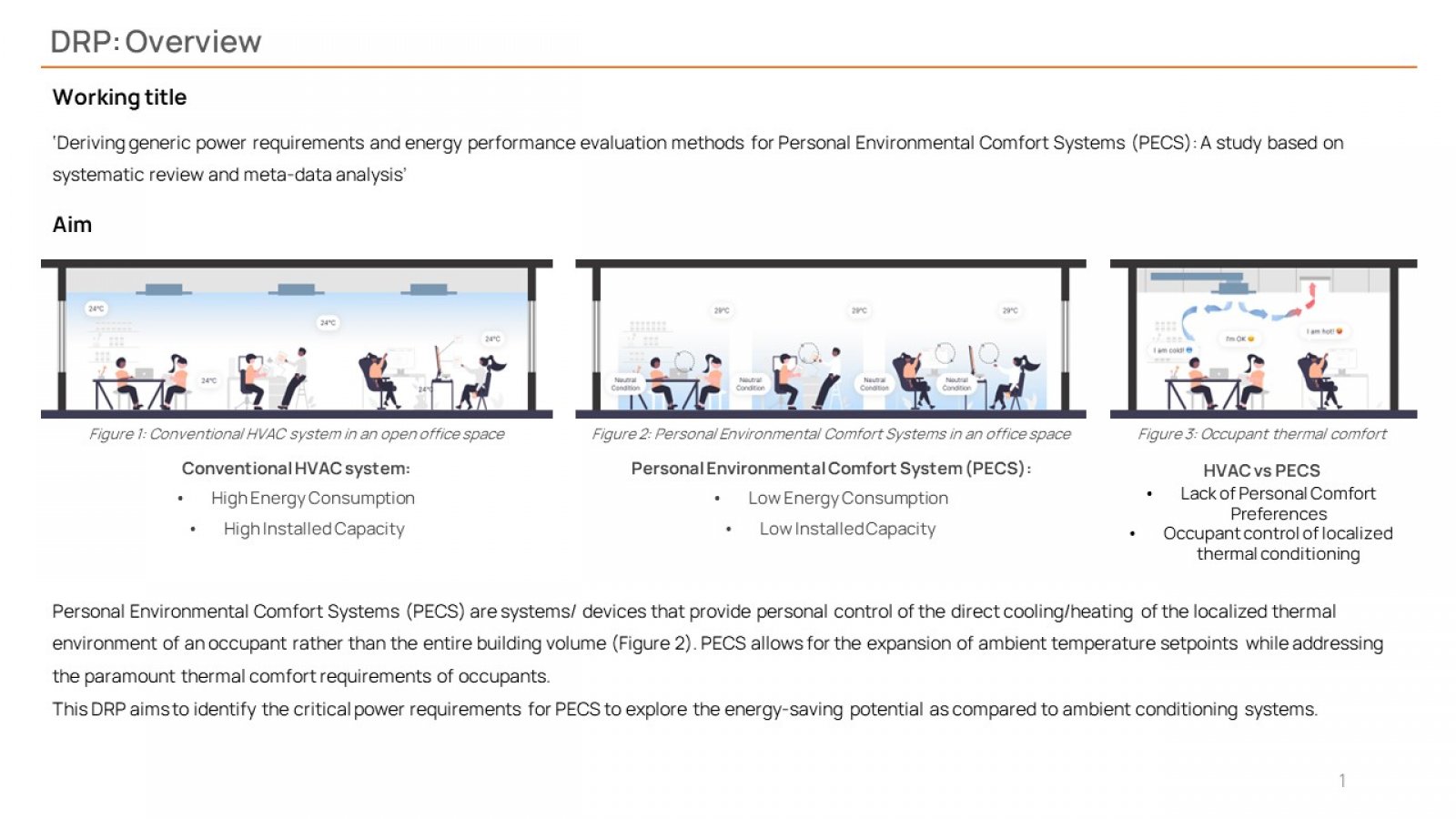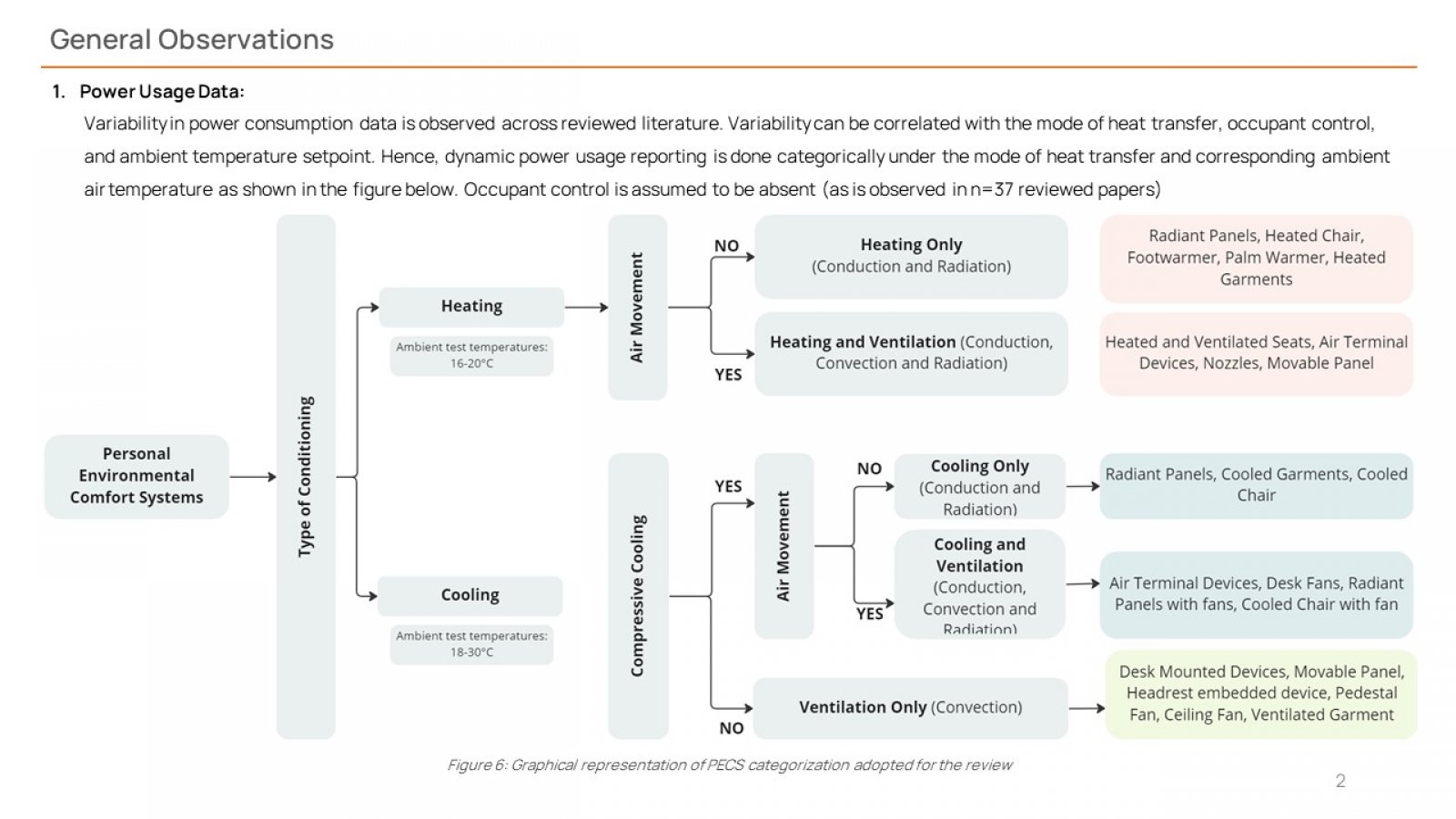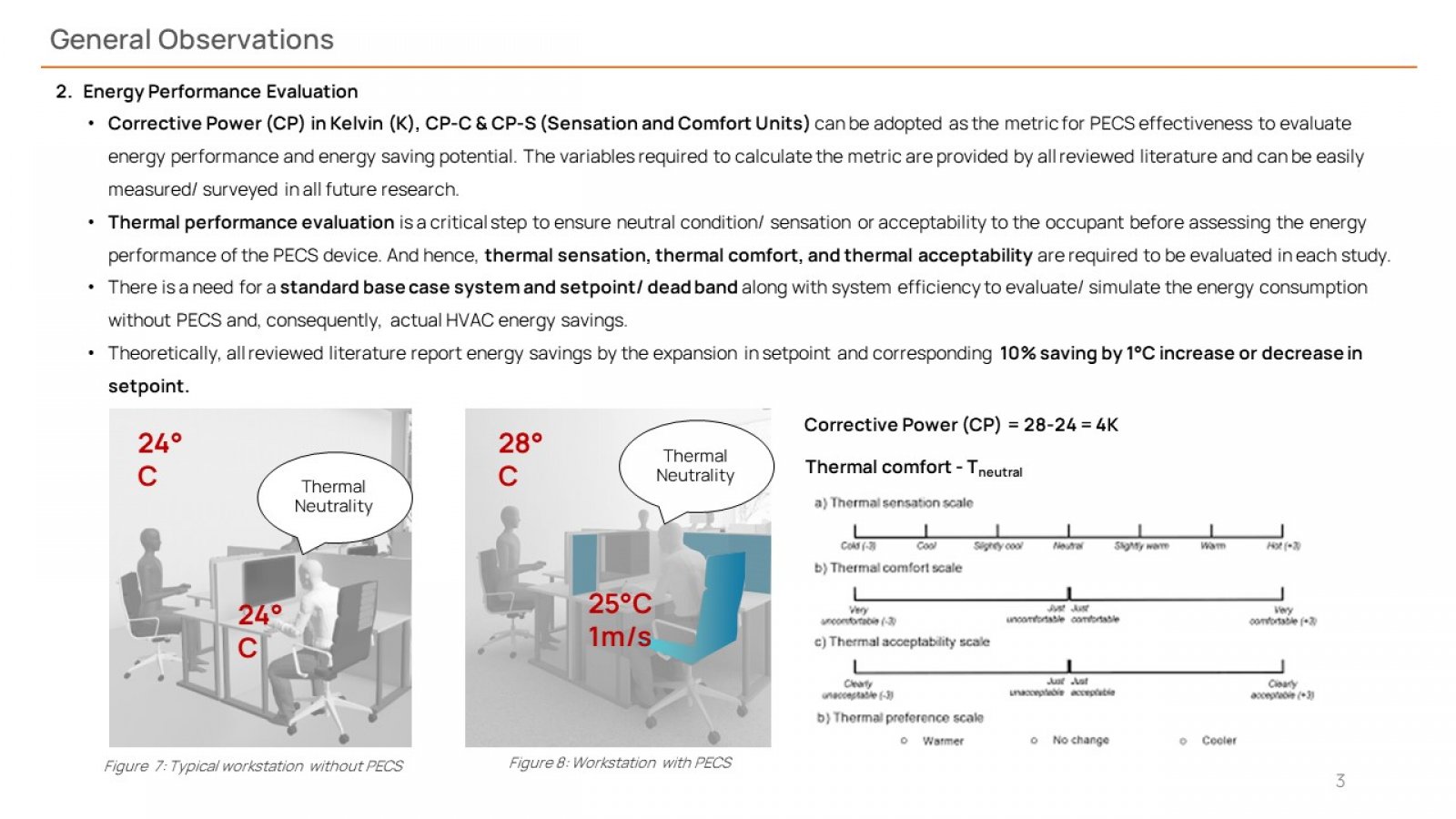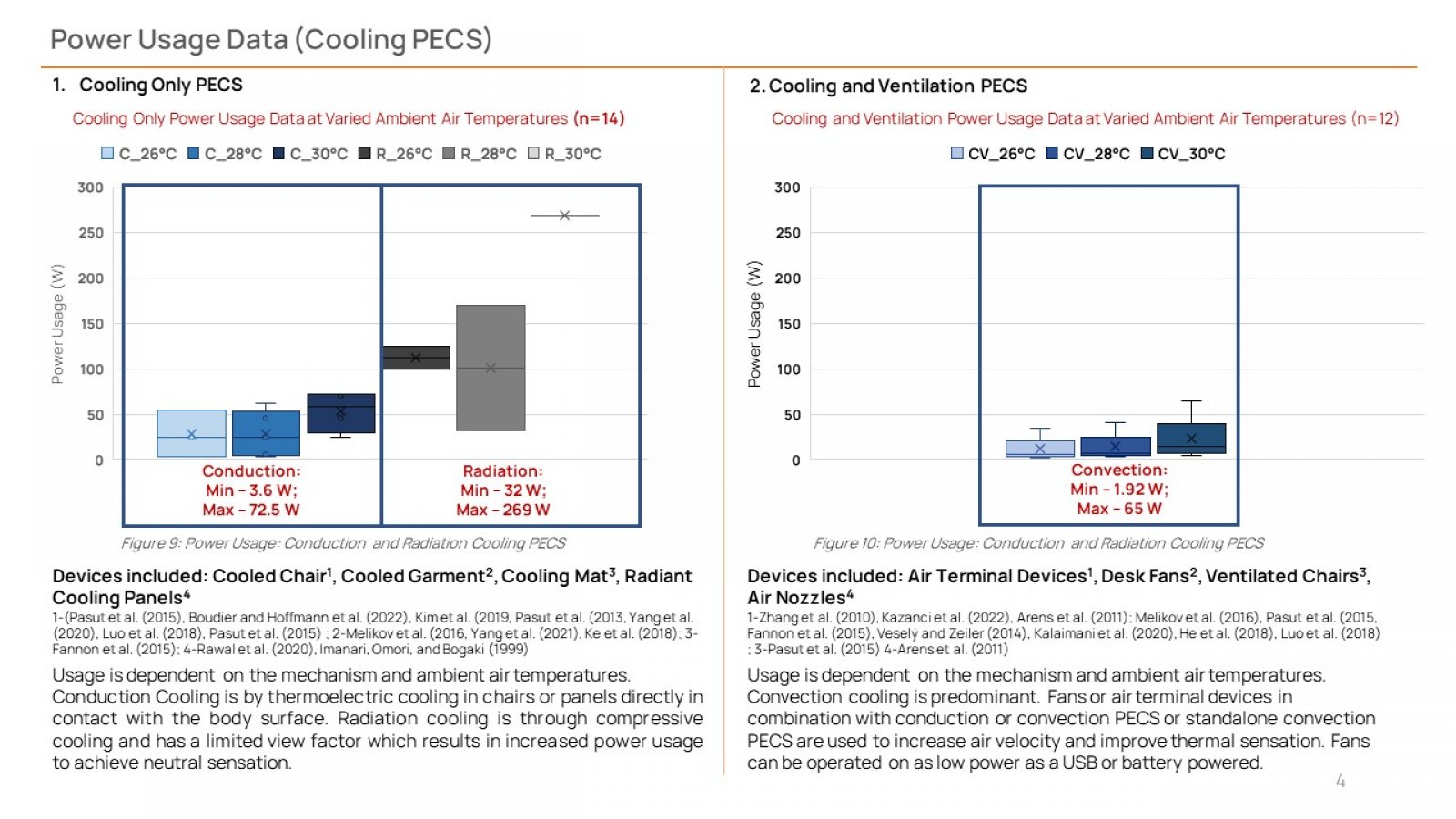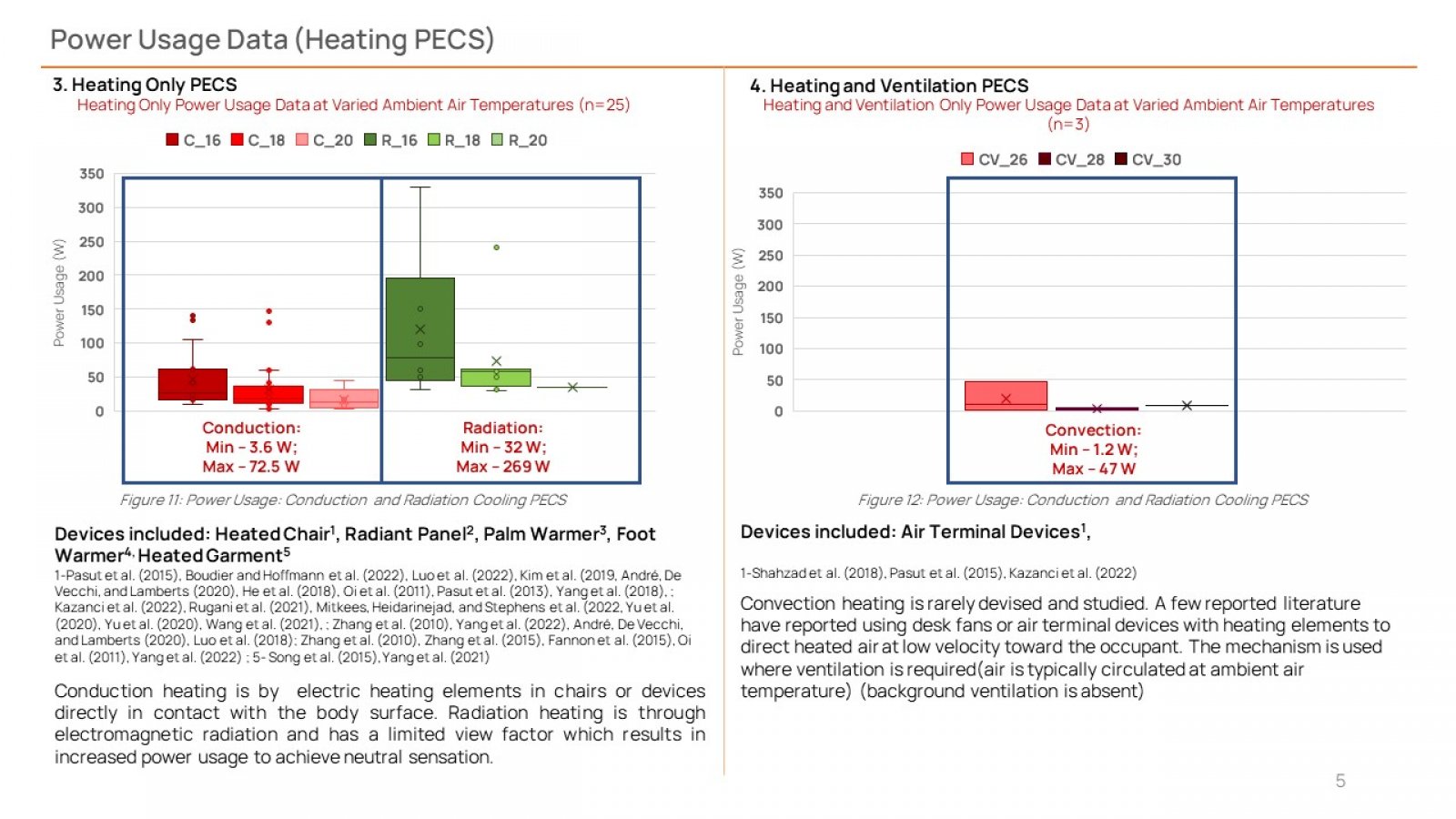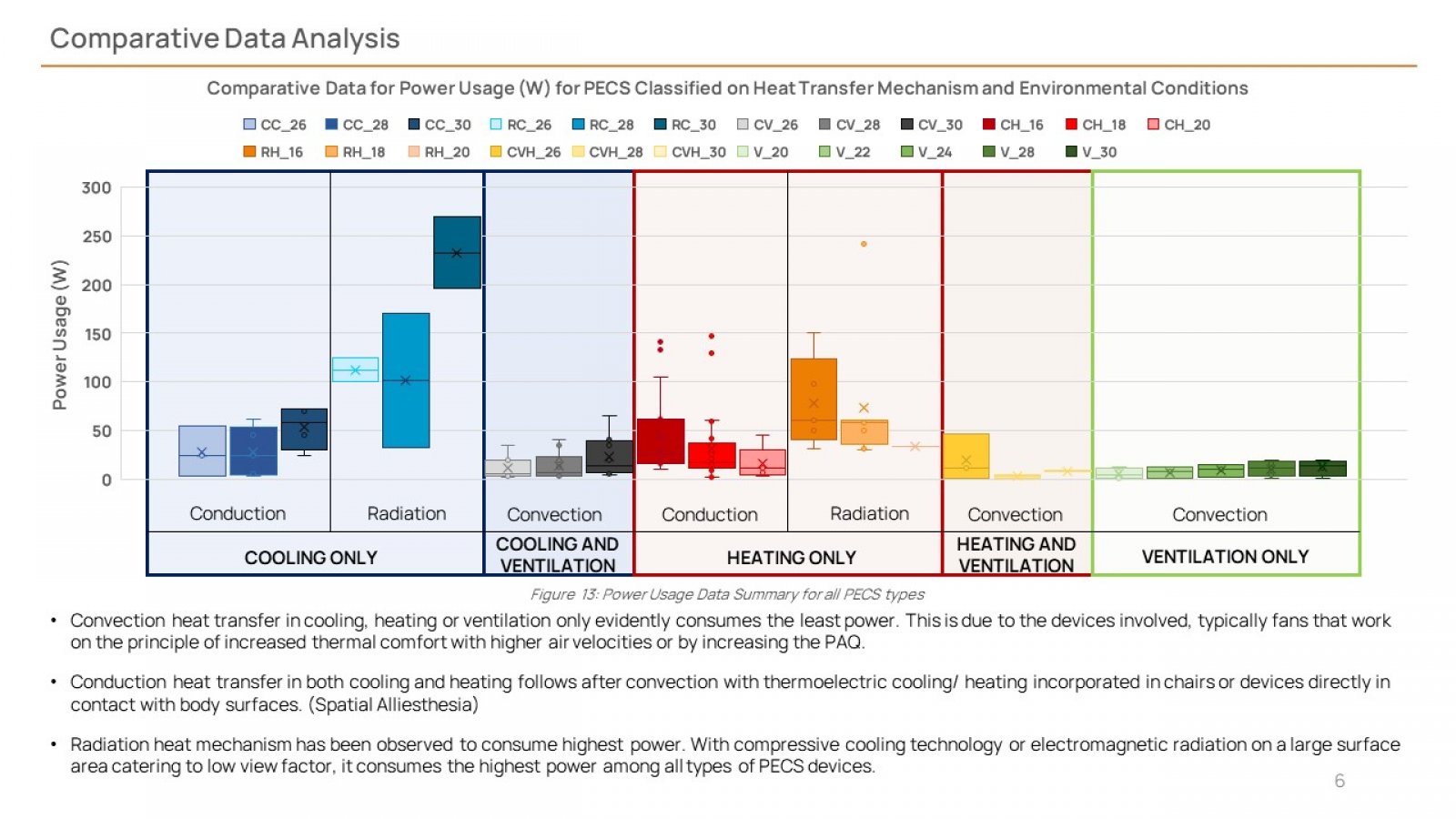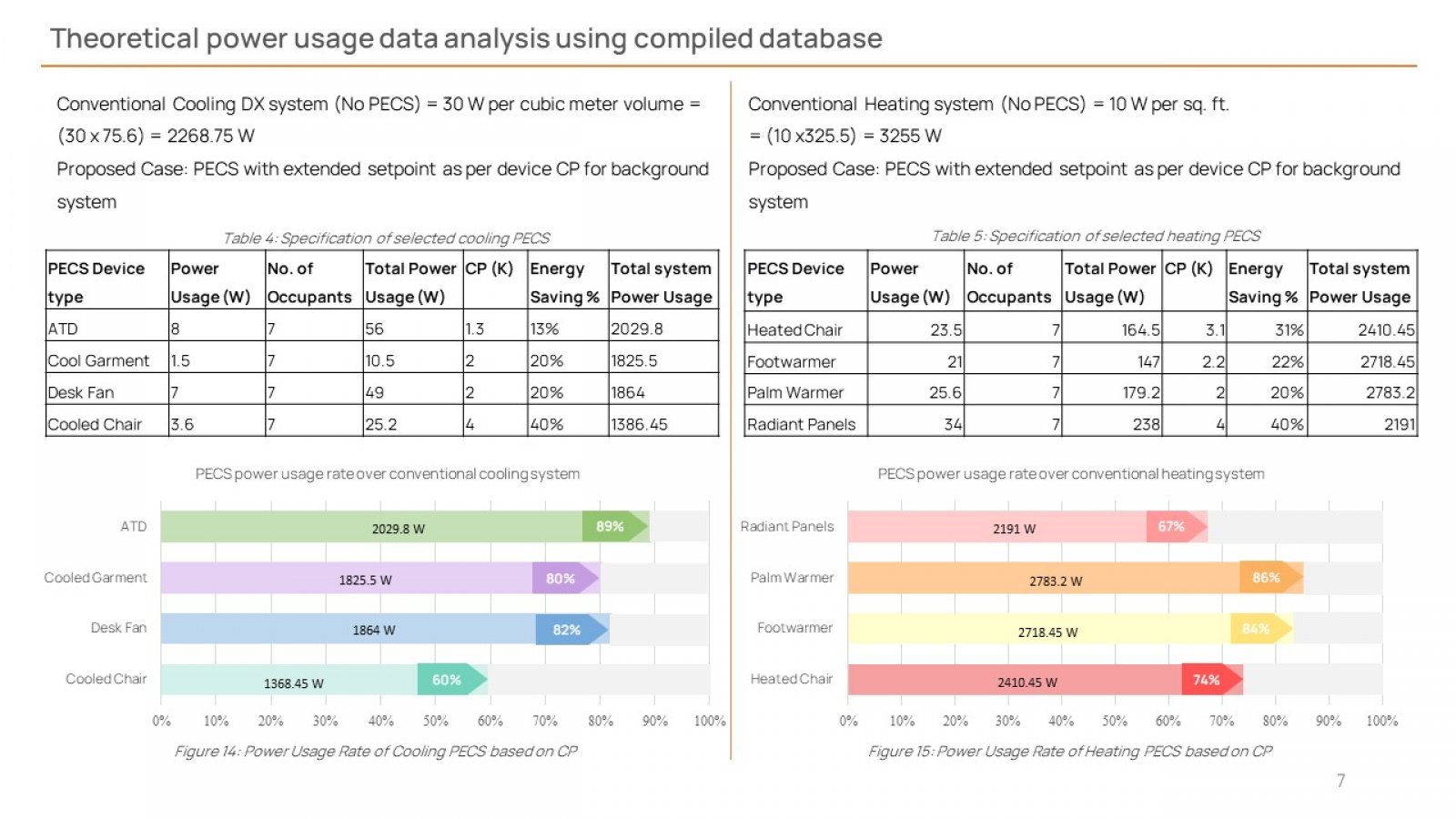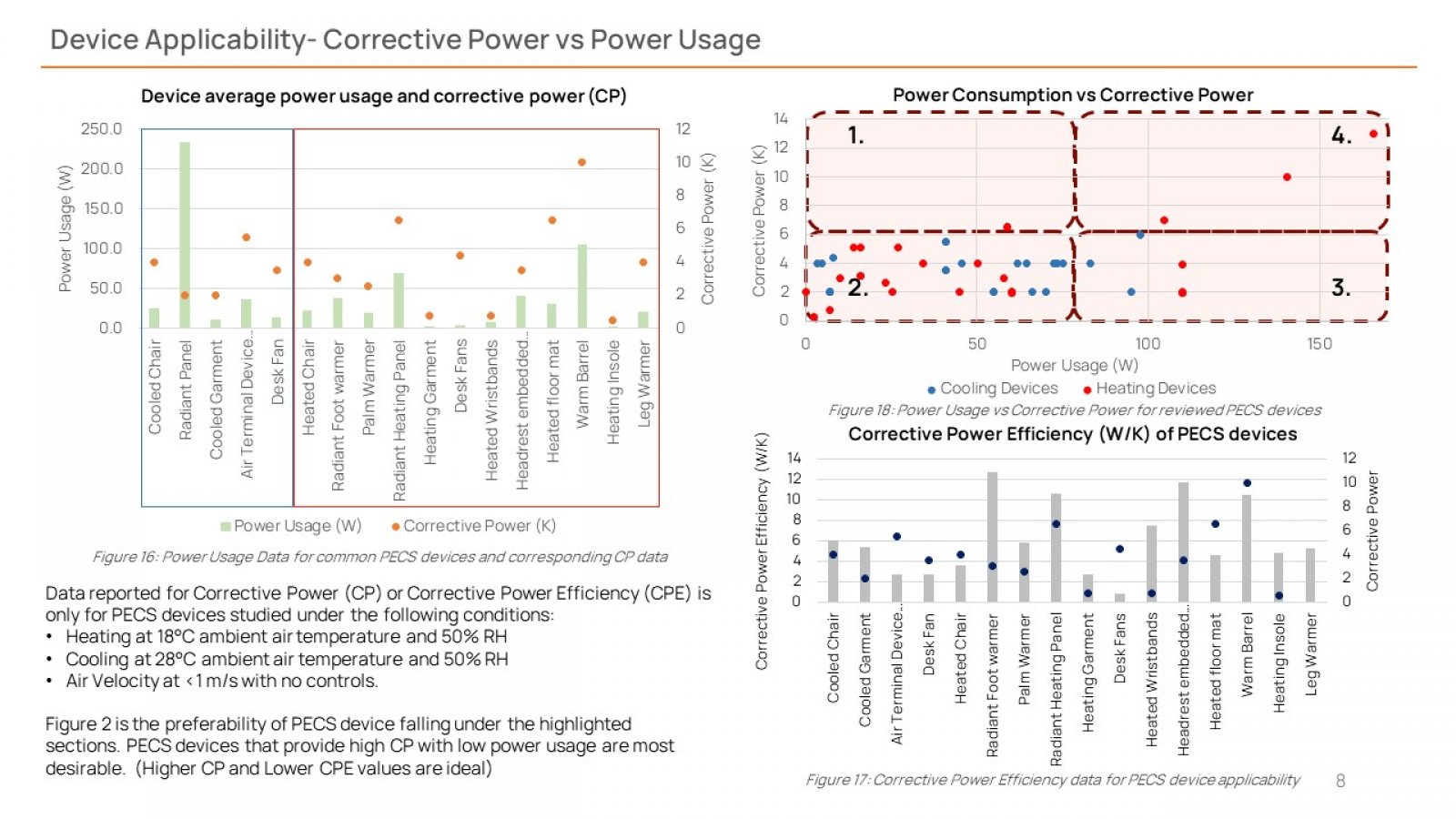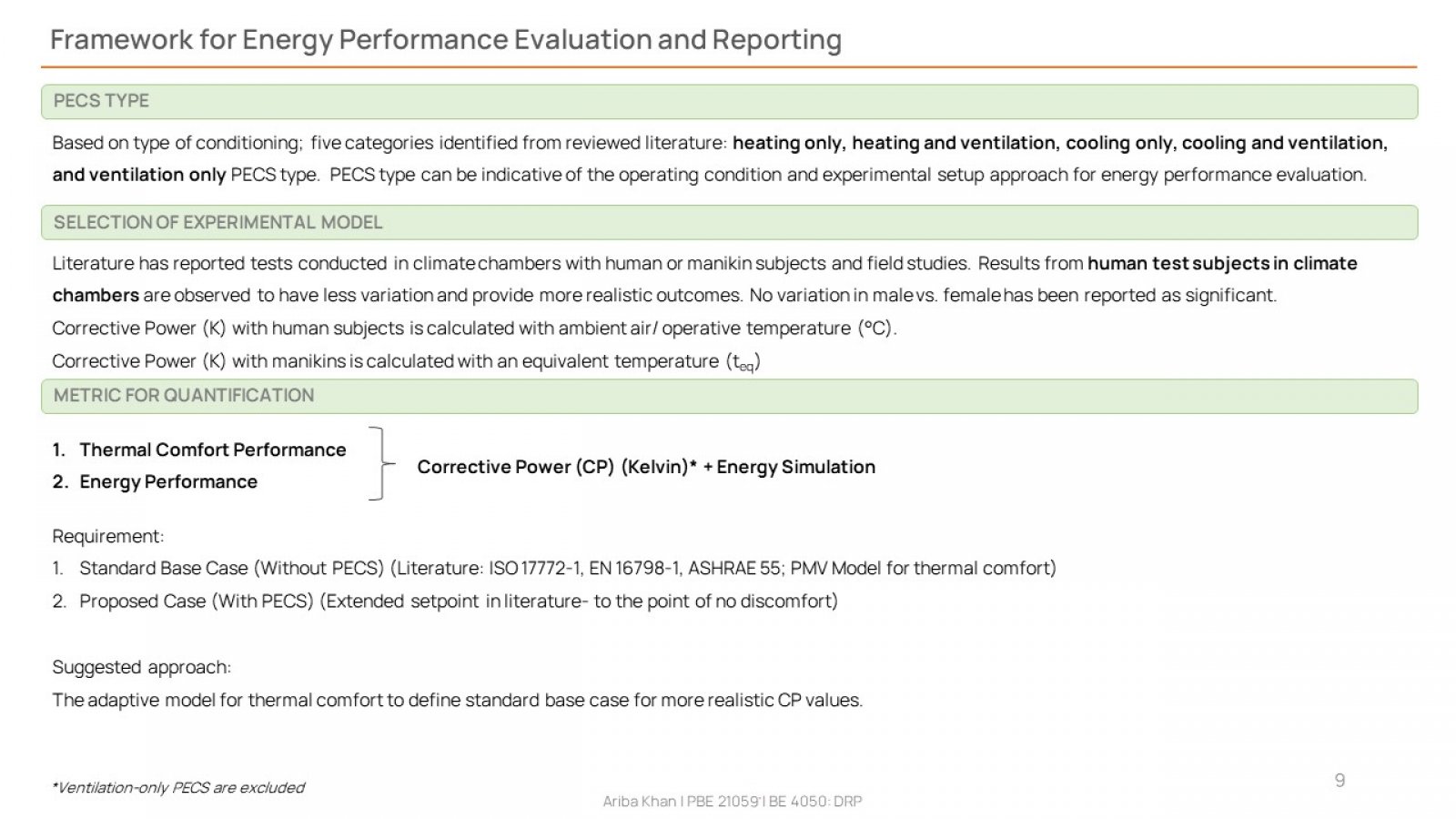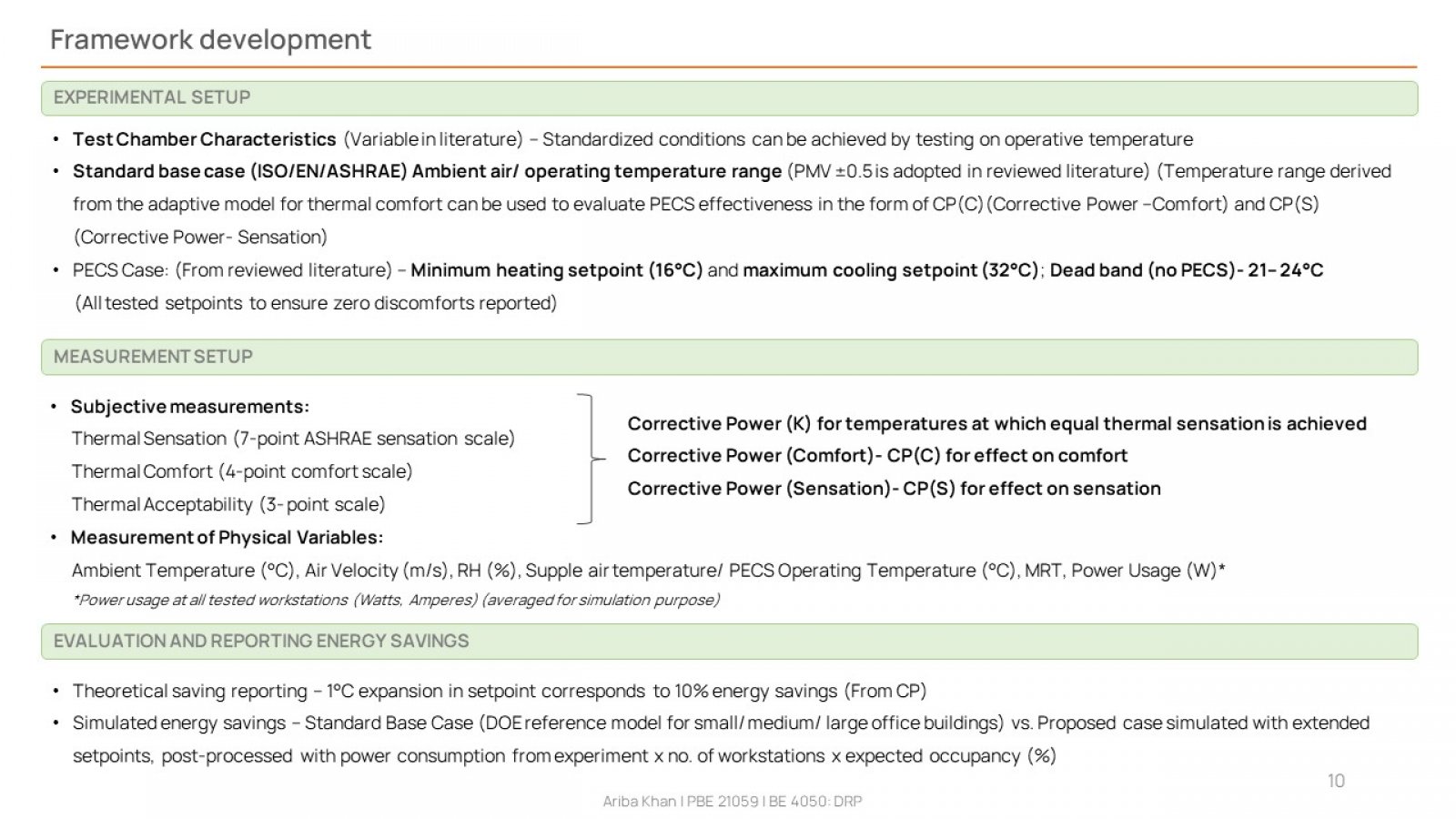Your browser is out-of-date!
For a richer surfing experience on our website, please update your browser. Update my browser now!
For a richer surfing experience on our website, please update your browser. Update my browser now!
The neoteric developments in HVAC services in the building sector respond to the increasing awareness of energy conservation and occupant comfort. A positive trend is observed in the use of Personal Environmental Comfort Systems (PECS), aiming to increase Indoor Environment Quality (IEQ) and Building Energy Savings compared with conventional ambient conditioning systems. Among other IEQ parameters like air quality and visual and acoustic comfort, thermal comfort is distinctly pertinent, as it affects the perception of ambient conditions and energy performance. PECS decentralize the space conditioning while offering individual control of the thermal conditioning of a localized space. This allows for relaxation in ambient indoor temperatures, which can be maintained at a relatively under-conditioned state. Thus, with a higher degree of personal thermal comfort, energy savings are achieved. This study aims to identify the generic power requirements for PECS to explore the energy-saving potential as compared to ambient conditioning systems for its widespread application. It also intends to identify and develop a framework for future research on energy performance analysis of PECS with a systematic review and meta-analysis of data extracted from the existing research literature.
